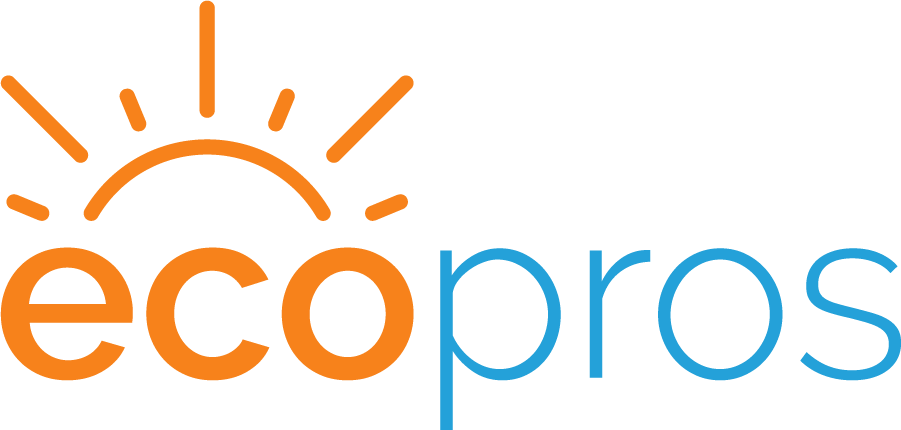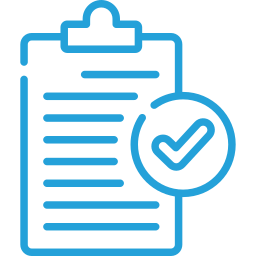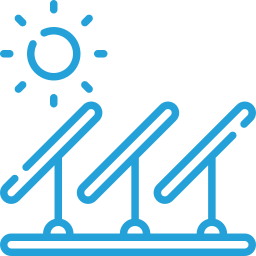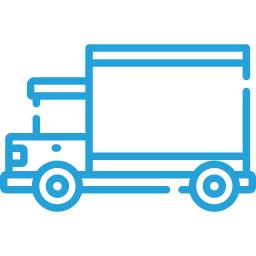How Much Does a Solar Panel Installation Cost?
We help you determine how much a solar installation will cost for your home or business by assessing the size of the system that is right for you and then looking at what type(s) of electricity rates are available in your area.
How Much Does a Solar Panel Installation Cost?
The Cost of Solar Panels in 2021: What Price for Solar Can You Expect?
Solar power is an increasingly popular alternative to fossil fuels. In 2021, it's expected that the cost of solar panels will be lower than ever before. It may seem like a significant investment now, but with all these new technologies and developments coming out every day - investing early could save you money later on downtime when prices are higher due to demand or other factors.
Key Takeaways About Solar Panel Cost

With every passing year, solar panel efficiency has improved dramatically. With these technological advances, we continue to see new limits pushed and record broken -- increasing our confidence that this clean energy source will be with us in the future, too.
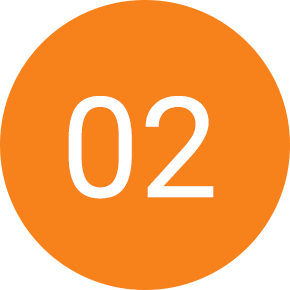
The cost of going solar has decreased even further, making it an increasingly popular option for those looking to lower their energy bills.

With EcoPros, you can find custom solar quotes to save you money and time. Start searching today to see how low our prices are for your home or business!
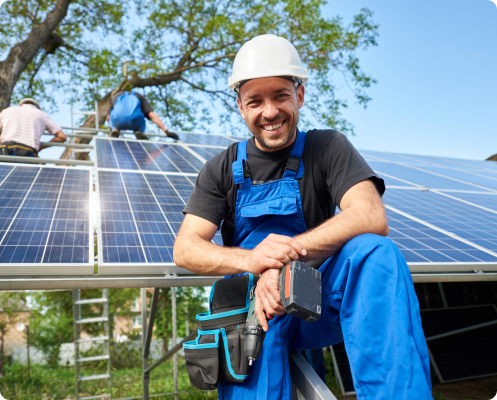
Solar Panel System Costs in 2021: Average National Pricing
The cost of solar panels is rising, but they're still cheaper than other forms of fossil fuels. The typical 250-watt panel runs between $175-$375 on average, while a 1000-watt system can go as low as around $70 or more.
Solar Costs Over Time Continue to Fall
The cost of solar panels has been declining for years, and this trend shows no signs of slowing down. In fact, according to Bloomberg New Energy Finance (BNEF), module prices are expected to continue dropping by about 10% each year through 2020 before reaching an all-time low in 2021 at just underneath $1 per watt! Statistics show that there's really nothing stopping your home or your business from going green with clean energy right now. And everything that does happen will be worth it when we look back decades later because these savings don't come along often enough anymore.
Gross Cost per Watt, by Half Year

A Note About Pricing: Gross vs. Net Costs
We usually talk about solar panel pricing in terms of gross cost, which is the cost before any solar rebates and incentives that can lower the upfront cost of solar or even get you some money back over time. The cost per watt ($/W) statistics in the rest of this article, for example, are always the gross cost. This is because not everyone is eligible for solar rebates and incentives. Even the federal solar tax credit worth 26% isn't always available to all — you have to have enough tax liability for collecting the credit.
Solar Panel Cost by State
The cost of installing solar panels varies depending on where you live, usually by state. Although the pricing spread isn't that wide, and much of the variation by location is attributable to differences in system sizes and incentives, it's still worth keeping an eye on.
To understand solar panel system prices by state, we evaluated quote data from our solar marketplace. However, as previously stated, system sizes tend to be higher in areas with lower prices, so comparing a 10 kW system in Florida to a 10 kW system in Massachusetts isn't always fair. Their energy requirements are simply too dissimilar.
Cost of Solar Panels by State

Solar Panel Cost by State
The average energy used per household is higher in places where homeowners need to use air conditioning more frequently. As a result, some of the world's largest solar panel systems are located in sunny, warm regions. Solar installers typically charge less per kilowatt-hour the more extensive your system is (kWh). It's similar to buying in bulk at Costco: you pay a higher sticker price, but your per-unit costs are cheaper when you buy in quantity.
The most important finding from this data is that solar is inexpensive across the board, not that some states are "better" than others when it comes to solar prices. Almost every state is within a $0.50 margin of the national average of $2.77/W. Solar isn't just worth considering in areas of the United States where costs are meager — there is a strong trend of adoption across states that has nothing to do with the lowest price per watt.
Cost of Solar Panels by State

What Impacts the Cost of a Solar Panel Installation?
The cost of solar panels can vary significantly depending on where you live and which type your chosen manufacturer offers.

Solar Panel System Size
The more extensive your solar panel system is, the more expensive it will be. Also, as the size of the solar system grows, the average per-unit price drops.

Geography
Pricing varies by state, according to local quoting trends and differences in system size — states with more significant average system sizes will naturally have lower average solar costs.

Brand and Quality
Solar panels are available in various brands and quality levels, just like any other product or equipment.

Roof Features
The cost of a solar panel installation isn't only determined by the equipment. Your solar contractor will also charge for the difficulty of the installation, and a complicated roof may increase the cost of your system.

Labor
Solar companies charge varied labor costs depending on their job type. You might pay a little extra for a more renowned firm with better reviews and a faster installation schedule.

Permitting and Grid Interconnection
While not a high cost, paying for permits and your grid connecting charge will add a small amount to the total cost of your solar system.
Cost of Solar Panels by State

Solar Rebates & Incentives to Help You Cut Costs
We've been discussing the variables that increase the cost of a solar installation, but it's also essential to think about how you might save money using solar rebates and incentives. You can obtain money back on a solar system through tax credits, cash rebates, performance-based incentives (PBIs), and energy credits. The availability of these incentives is nearly always determined by where you live — utilities, localities, and states all typically offer their own solar incentives to residents in their service regions.
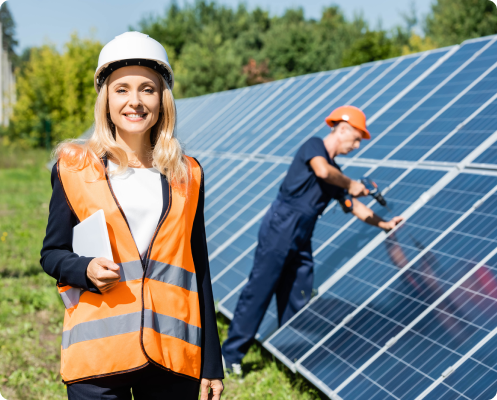

What is the best way to pay for a solar panel installation?
It's time to decide how you'll pay for solar once you've determined the cost of solar for your specific project. A cash purchase, a solar loan, or a solar lease/power purchase agreement are the three main ways to finance a solar panel installation.
In general, a cash purchase is the best option if you want to maximize your solar savings, have enough tax liability to qualify for the solar tax credit, or have the finances to pay for a solar panel system upfront.
If you don't want to pay the entire cost of a solar panel system upfront, you still want to save as much money on your electricity bills as possible, and you want to be eligible for all incentives and rebates, a solar loan is the way to go.
If you'd like someone else to monitor and maintain the system if you aren't qualified for tax advantages or just want to lower and/or lock in your monthly electricity price, a solar lease or PPA is the way to go.
Ultimately, are solar panels worth the expense?
At the end of the day, the cost of solar is only as important as the return on investment you'll receive from solar panels. Solar is a good investment for most houses, and it can pay for itself in as little as 7 or 8 years. You're practically generating free electricity and saving money from that point forward. During those seven to eight years, you'll be developing your own electricity rather than paying for it from the grid, and any excess electricity you generate may be eligible for credit under net metering laws (depending on where you live).
